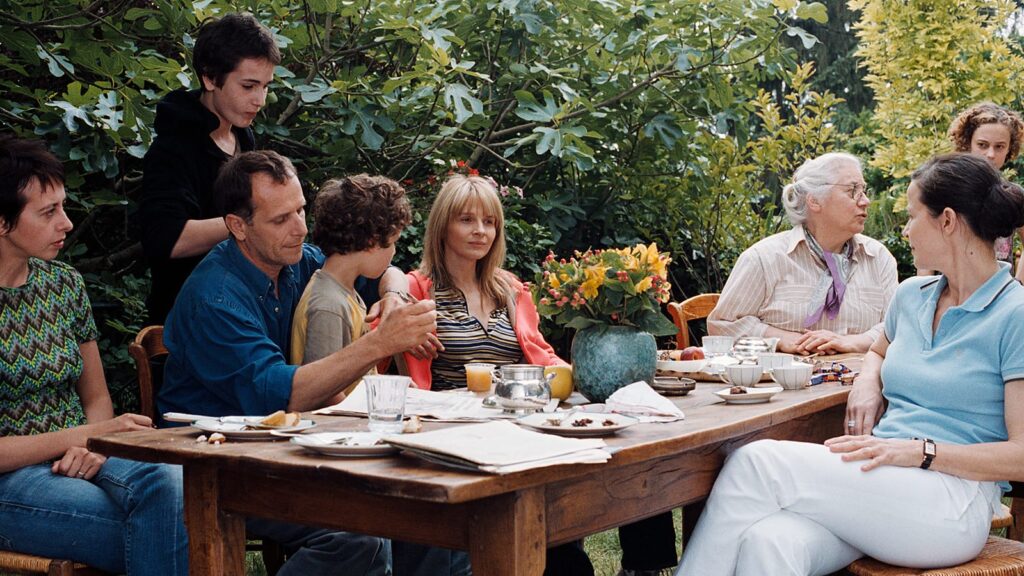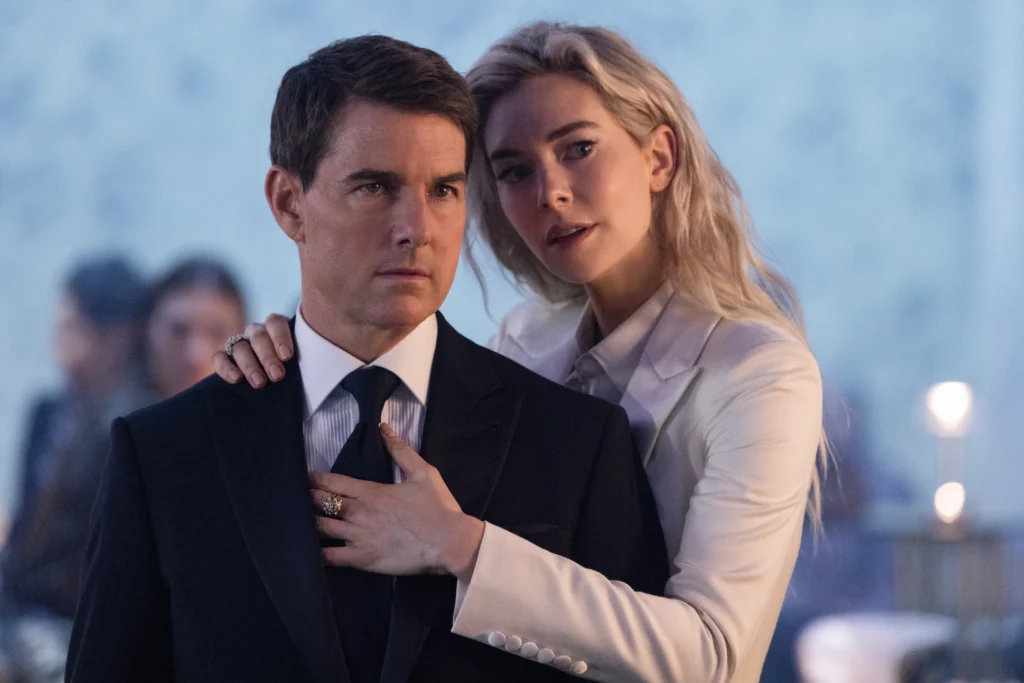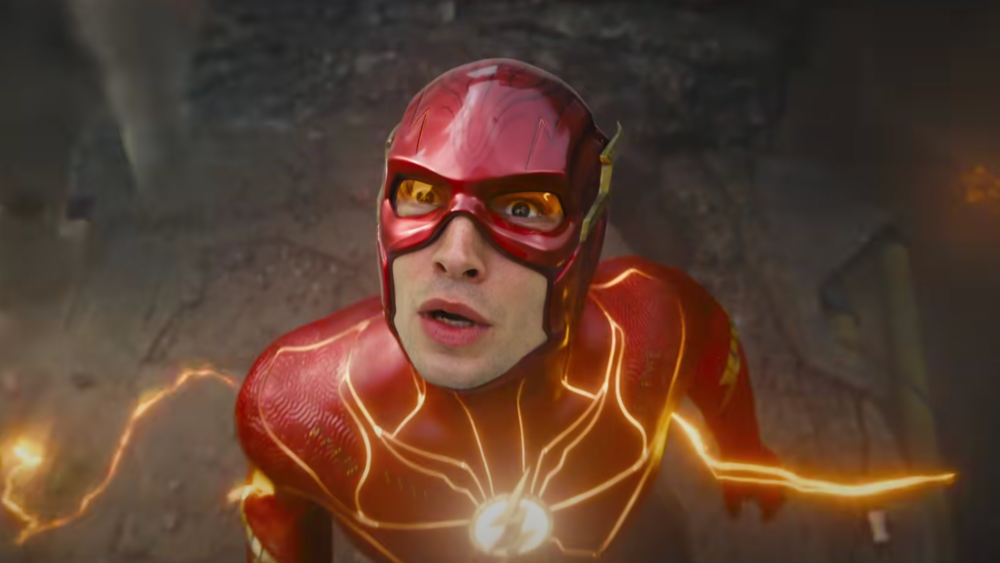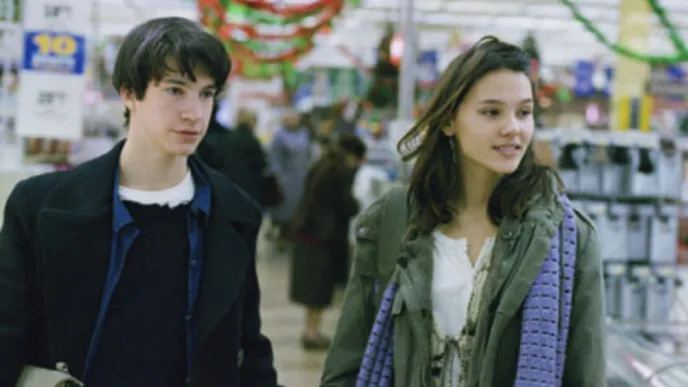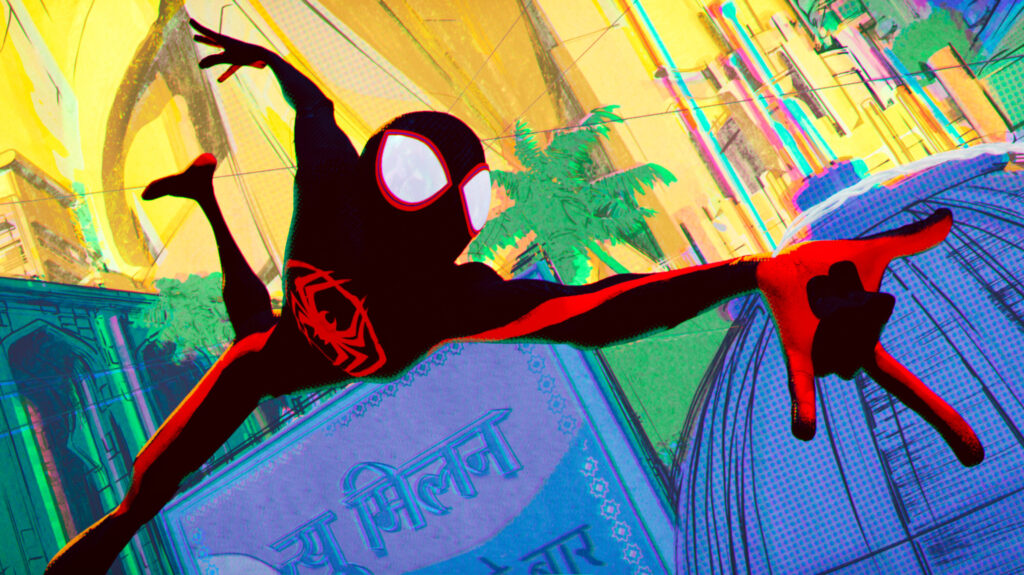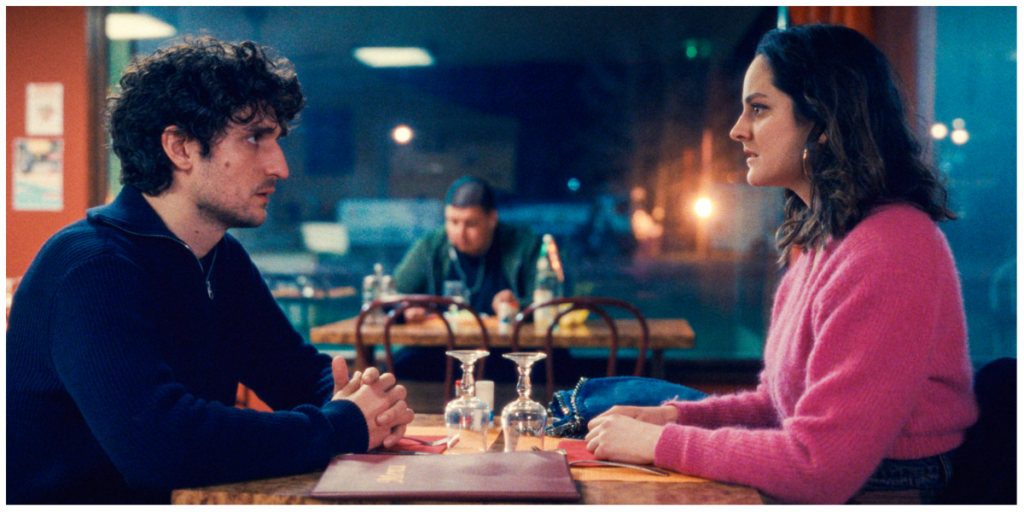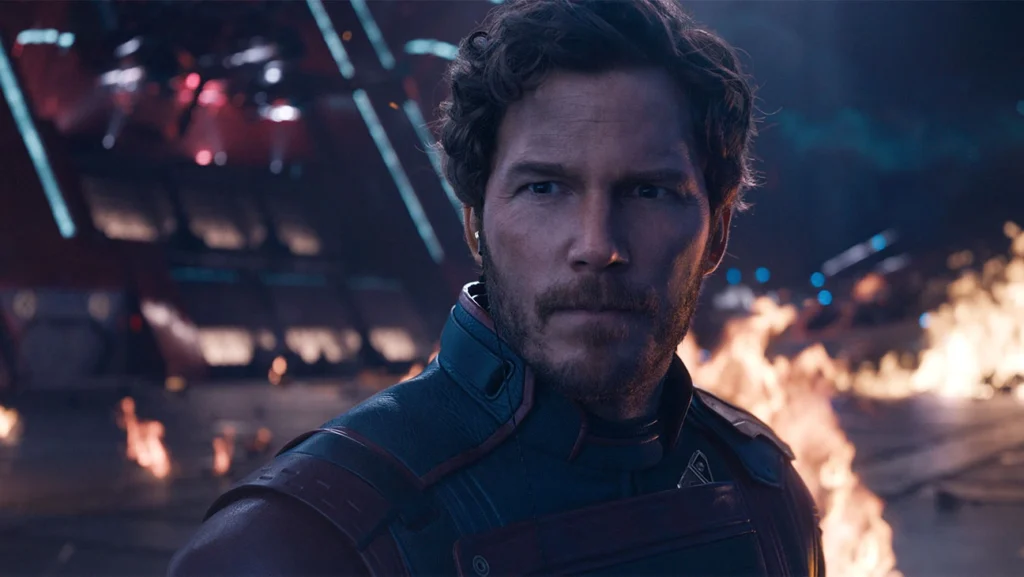Classic Film: Summer Hours
Written by Ian Thomas Malone, Posted in Blog, Movie Reviews, Pop Culture
There’s a magic to summer as a child that never quite loses its touch as the years go on. The months of July and August carry a certain timeless aspect that hardly holds up against the chaotic realities of our world, except in memory. You can’t go back to the way things were in your youth, but a return to the familiar, seemingly immortal, settings of your summer adventures can certainly breathe life into the idea that you might.
The French film Summer Hours (original title L’Heure d’été) centers its narrative around the end of a family’s summer magic. Family matriarch Hélène Berthier (Édith Scob) spends the last few years of her life seemingly trying to put her estate in order, a lifetime of devotion to her artist uncle, Paul Berthier. Her oldest son Frédéric (Charles Berling) is mostly entrusted with preserving the estate, split equally with his siblings Adrienne (Juliette Binoche) and Jérémie (Jérémie Renier), both of whom now live abroad. The death of Hélène puts her idyllic wishes into jeopardy, as neither Adrienne nor Jérémie wish to keep the house in the family, exacerbated by the heavy estate tax imposed for its impressive collection of art.
Director and screenwriter Olivier Assayas crafts a rich narrative devoid of the typical family squabbling you’d expect when an estate needs to be broken up. There are certain sympathies reserved for the gatekeepers, namely Frédéric and Éloïse (Isabelle Sadoyan), the family’s longtime housekeeper, but the film doesn’t stretch to indict the very reasonable opinions of the siblings who accept the reality that their lives have taken them far away from France. Hélène’s own perspective of her legacy is deliciously murky, her delusions of grandeur toward her uncle surfacing on more than a few occasions.
Berling mostly anchors the narrative on the perpetually put-upon Frédéric, facing fire from three generations of his family. Frédéric is relatable, the through-line from the past to the present, thrust into a family-stabilizing role for lack of any other alternative. Berling does a fantastic job endearing himself to the audience through his abounding grace, eliciting sympathy for his rather privileged family.
Assayas keeps a comfortable rhythm to his pacing, matching the laid-back nature of summer with a slow burn that savors the quieter moments of its conflict. The film looks around for some padding to buff out the third act of its 103-minute runtime, but the narrative hardly drags either. The only true antagonist, beyond the estate tax, is time itself.
There are more than a few moments of genuine beauty hidden in Summer Hours’ quiet narrative. The film likely carries greatest appeal for people who can relate to the impermanence of our formative years, but Assayas doesn’t exactly lean on nostalgia to get his point across, always looking toward the future. Time only moves in one direction. Summer can feel like forever, until September and all the obligations of the real world come crawling around.





